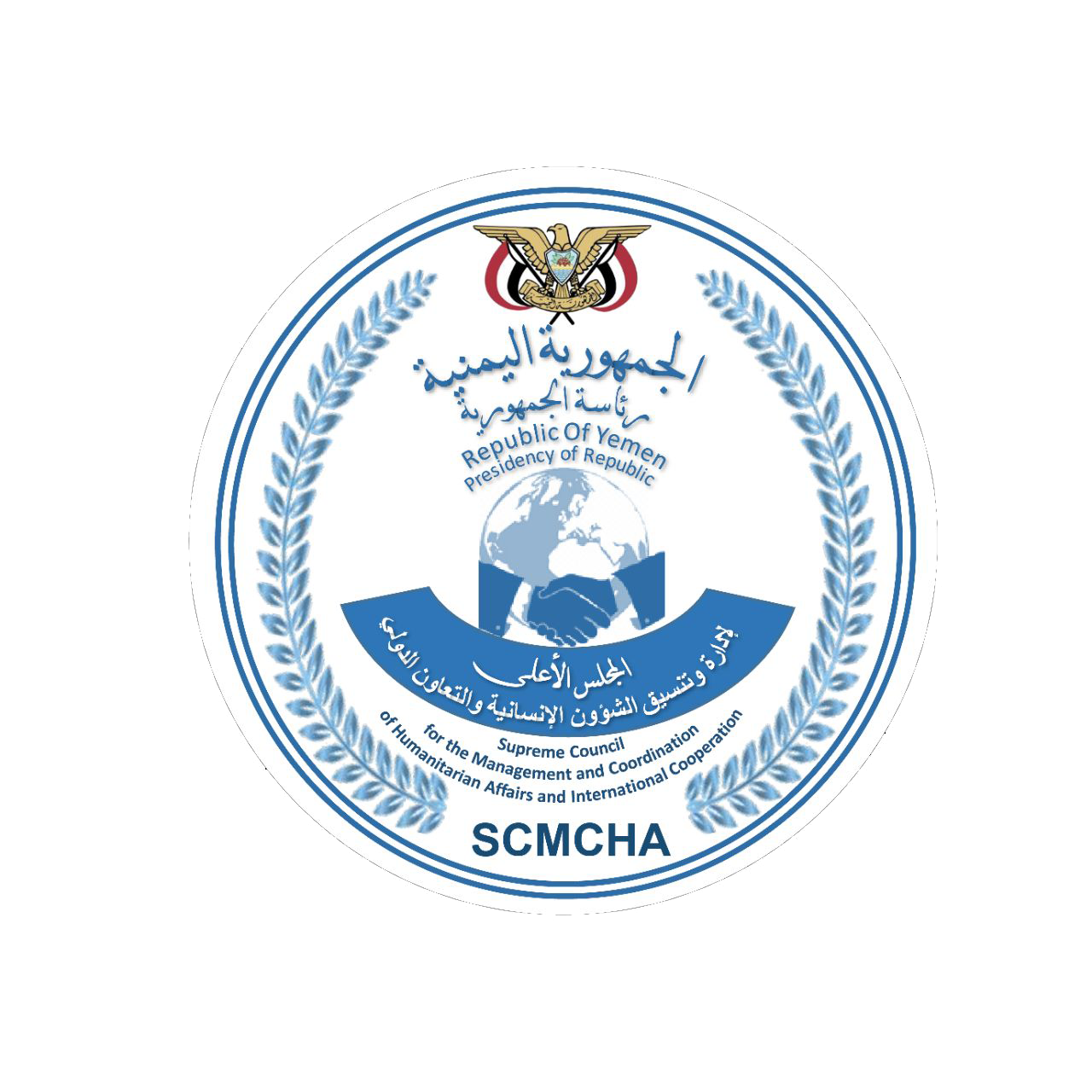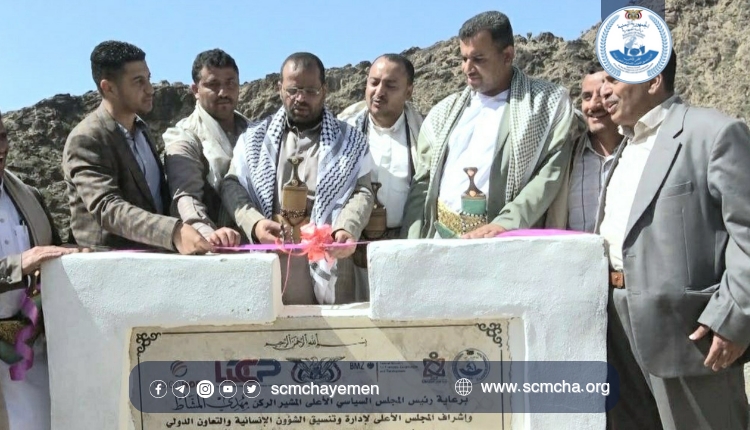Opening of the Ba’ar Dam construction project in Haidan, Al-Tadamon school of Maran in Saada
Within the framework of SCMCHA efforts and its branches in the governorates to direct funds towards implementing development, service and relief projects that contribute to alleviating the worst human crisis in the world that the Yemeni people are experiencing as a result of the aggression and siege.
SCMCHA worked to implement the project to construct the Wadi Ba’ar Dam in Haydan District, at a cost of $591,000, with a storage capacity of 190,000 cubic metres, funded by the German Federal Ministry and Development, through the “Vision of Hope” International Organization, and implemented by the Social Solidarity Foundation for Development.
SCMCHA also worked on implementing the project to establish the Solidarity School in the Al-Majazin subdistrict in the Maran area, implemented at a cost of 227 thousand dollars, funded by the Federal Ministry of Economic Cooperation through the Vision of Hope International Organization,
The Governor of Saada, Muhammad Awad, and the Governor’s Undersecretary for Humanitarian Affairs, Muhammad Hussein Baydan, opened the two projects, stressing that the projects will contribute to alleviating the humanitarian suffering experienced by the Yemeni people.
The Solidarity School project in Al-Majazin subdistrict in the Maran area consists of 12 classrooms, including the construction of 6 new classrooms and the restoration of 6 classrooms.
The project also helps accommodate the largest number of male and female students, and relieve crowding in the current buildings, whose capacity has decreased. As a result of most schools being out of service, due to their destruction by brutal aggression.
TheBa’ar Dam construction project also contributes to improving livelihoods and strengthening the resilience of communities, benefiting 7,100 people.
The project comes within SCMCHA efforts and its branch in Saada Governorate, in accordance with construction and development plans to serve farmers, which contributes to the advancement of the qagricultural sector, especially coffee cultivation, for which the region is famous after years of deprivation and suffering in providing water.


